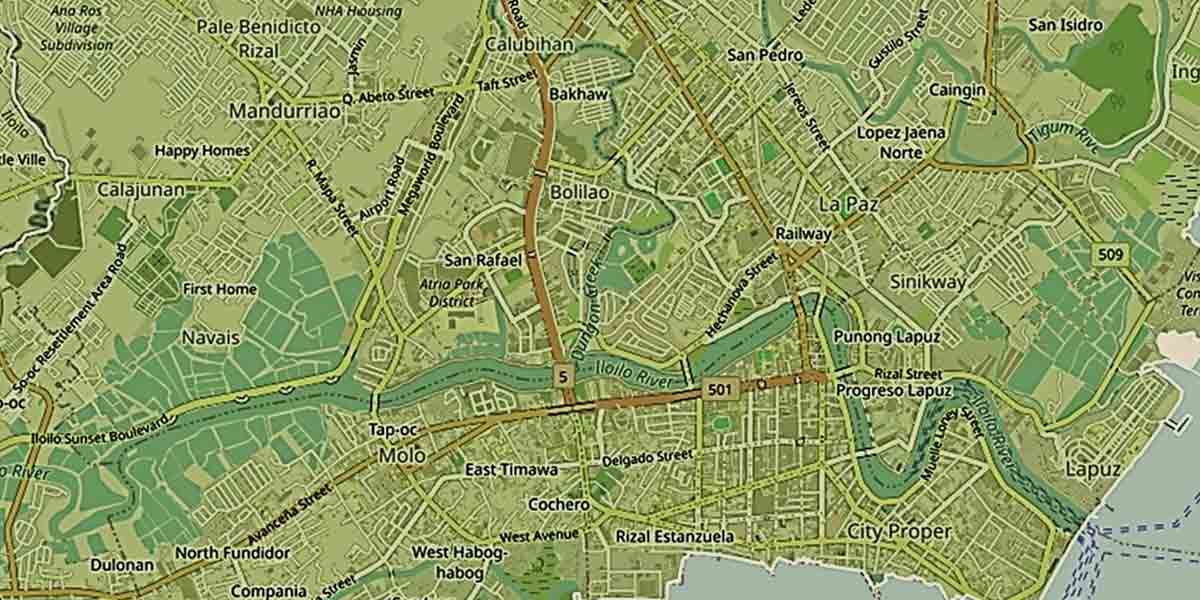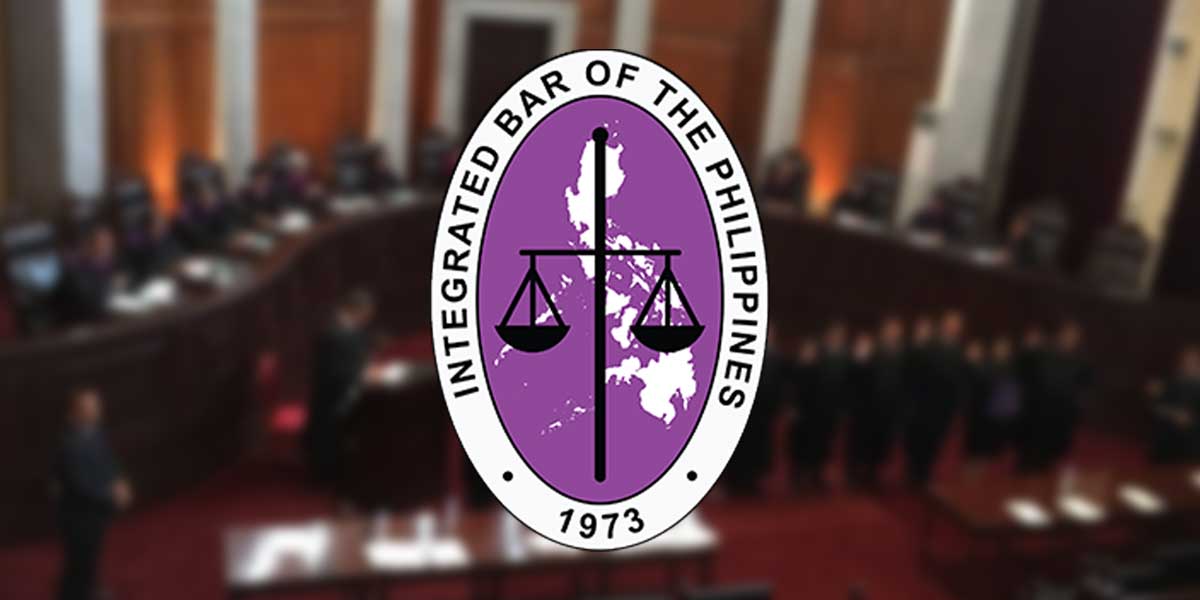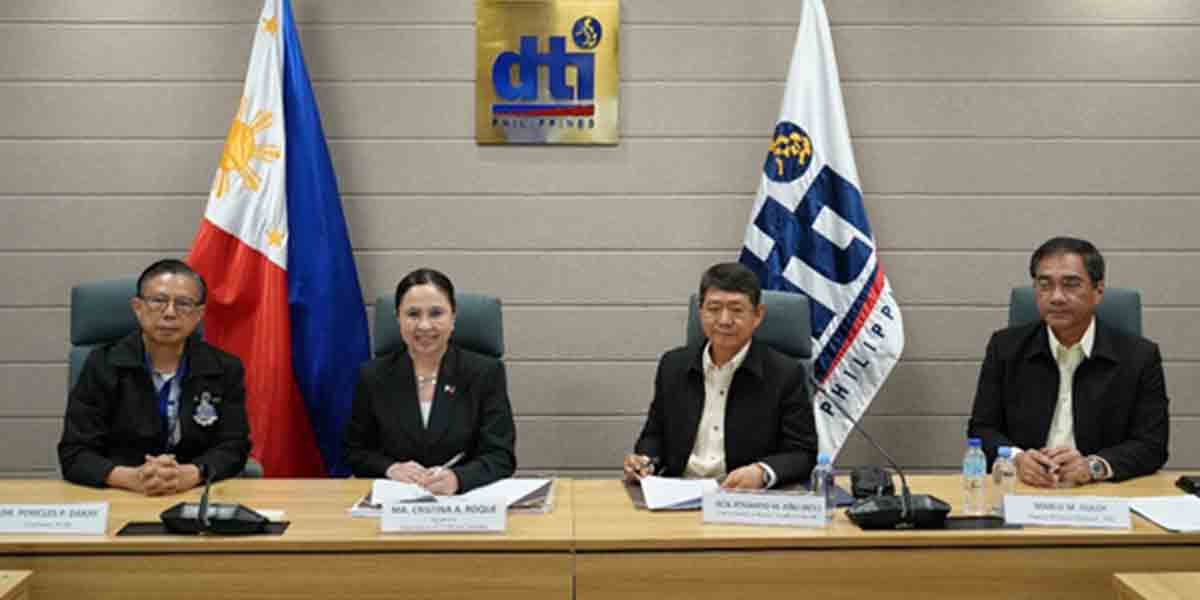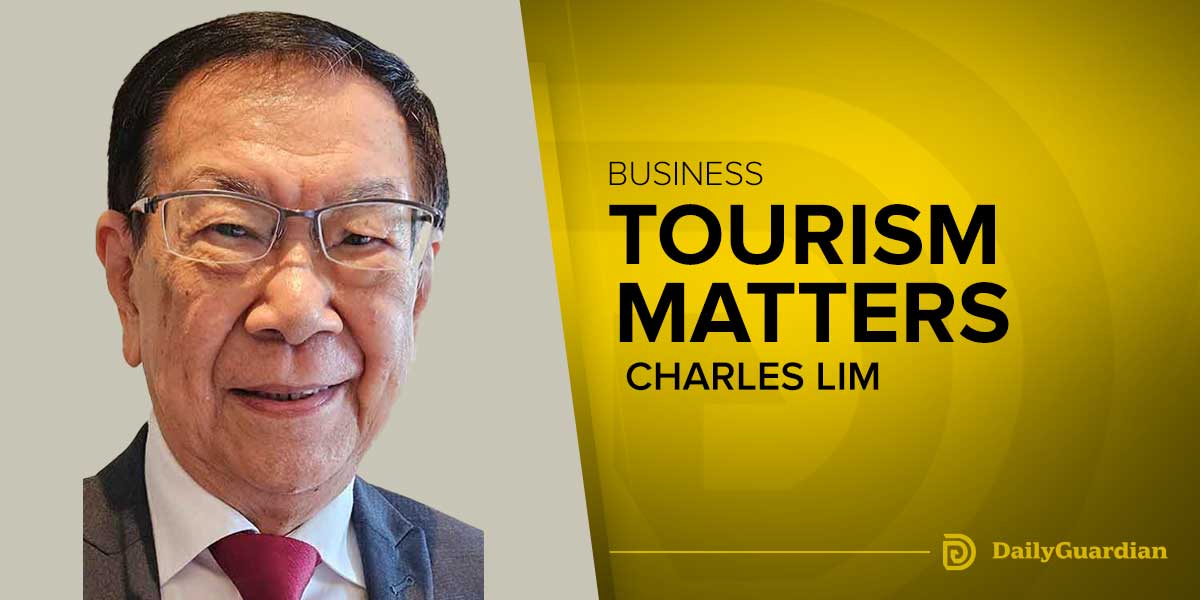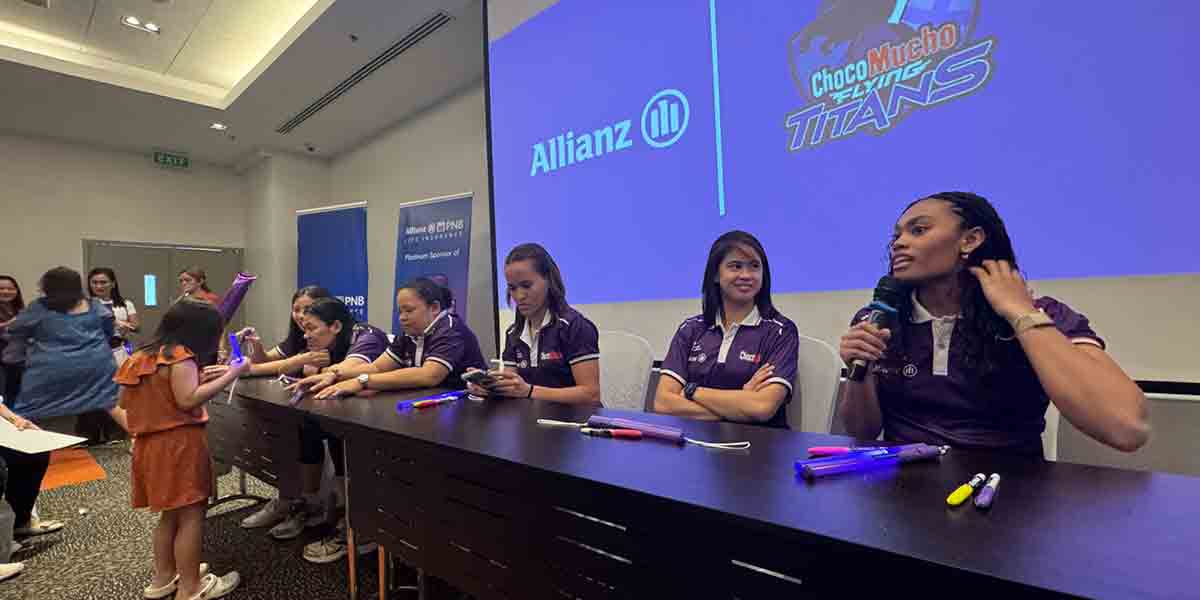The Public Services Labor Independent Confederation (PSLINK) has condemned the recent transfer of PhP 89.9 billion from the Philippine Health Insurance Corporation (PhilHealth) funds to Unprogrammed Appropriations, calling the move a significant breach of trust for healthcare workers and members who rely on these funds.
The group argued that the diversion, which the Department of Finance (DOF) claims will support long-overdue Health Emergency Allowance (HEA) payments, undermines the essential role of PhilHealth in providing state health insurance.
In a press conference held on July 31, PSLINK emphasized the injustice felt by workers, who perceive the state’s decision as a double blow: first, by neglecting their calls for HEA payments and second, by jeopardizing their health insurance benefits.
“Malinaw sa ordinaryong manggagawa na hindi katanggap-tanggap ang paglipat ng pondo ng PhilHealth…tinaasan pa ang singil ng premium, hindi pa napakinabangan, binawi pa ang pondo,” said Jillian Roque, a representative from PSLINK.
Roque criticized DOF Secretary Ralph Recto for using the workers’ demands for their unpaid health allowances as justification for the fund diversion.
She expressed the sentiments of many healthcare workers who feel that their sacrifices during the pandemic are being exploited.
“Patong-patong na insulto at pasakit ang inabot ng mga manggagawa natin sa kalusugan,” Roque added.
The labor group also underscored that the funds meant for HEA should be sourced from national government funds, as mandated by Republic Act No. 11712, not from PhilHealth, which is intended to serve as a health insurance provider.
Roque called the decision to place the HEA under Unprogrammed Appropriations as a reflection of the government’s disregard for the urgency of the matter, leaving health workers uncertain about when or if they will receive the promised allowances.
Various civil society groups, including those representing the urban poor and women, joined the press conference to denounce the fund diversion.
Boyet Sacaguing from KULAY, an organization representing the urban poor, highlighted the ongoing struggles of ordinary Filipinos in accessing healthcare.
“Nagtitiis na lang po kami na hindi magpacheck-up dahil alam po namin na ‘pag pumunta po kami sa ospital, kailangan din po namin na magbayad,” Sacaguing lamented.
Serenity Saluib, a community health promoter, shared her concerns as an expectant mother who relies on PhilHealth benefits.
“Kung kukunin niyo itong pondo ng PhilHealth, ninanakaw niyo ito sa amin [at] sa aming pangangailangang pangkalusugan,” she said, worried about the impact of the diversion on benefits for indirect contributors.
As the debate over the fund transfer continues, various groups have urged the government to halt the diversion and restore the previously withdrawn PhP20 billion PhilHealth funds.
They also demanded that any surplus in PhilHealth funds be used to expand member benefits or provide premium relief for direct contributors, in line with the Universal Health Care (UHC) Law.


